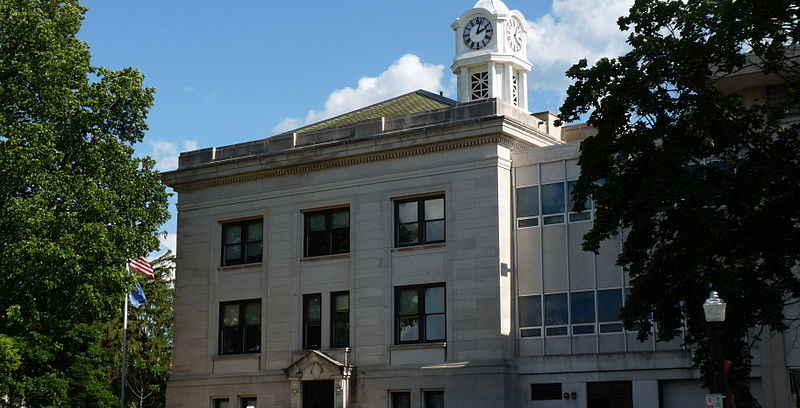Editor’s note: This is part of an ongoing series highlighting the local impact of Trump’s policies in key counties in MI, PA, WI, and FL.
Despite President Trump touting “great success” in fighting the opioid epidemic during his first term, the public health crisis has continued to ravage communities across America. Areas of the Midwest, like Sauk County, Wisconsin, have been hit particularly hard, where one out of every 140 residents requires treatment for opioid addiction.
In 2016, the rate of individual users seeking substance abuse services in Sauk County increased to 5.2%. And in 2017, local law enforcement reported seeing a reemergence of methamphetamine addiction in Sauk County, which they directly linked to heroin addiction stemming from the opioid crisis.
Despite this crisis ravaging middle America, to date, the Trump Administration has yet to commit to extending grants to address the crisis – $3.3 billion approved with bipartisan support – past next year. Without additional federal support from the Trump Administration, local leaders in Sauk County are attempting to curb the crisis on their own by launching local counseling, rehab and medication programs to treat those who have fallen victim to the crisis.
The President has also come under fire for other actions that have been interpreted as a failure to take the crisis seriously.
In addition to the questions surrounding ongoing funding to address the epidemic, the President was widely criticized for appointing a 24-year-old with no drug policy experience to help lead the Office of National Drug Control Policy (ONDCP), which coordinates the federal government’s anti-drug initiatives. Advocates noted that the 24-year-old former campaign staffer had little to no experience in drug policy at the time of his hiring. The White House has also repeatedly attempted to cut the office’s funding by 95%.
Trump later nominated Rep. Tom Marino (R-Pa.) to lead the ONDCP, who received a hefty $100,000 in campaign contributions from the pharmaceutical industry during his time in Congress. Marino was later forced to withdraw from consideration after a damaging report about legislation he sponsored that “helped pump more painkillers into parts of the country that were already in the middle of the opioid crisis.”
According to the Baraboo News Republic, local programs in Sauk County towns like Baraboo offer medication and counseling programs to treat addicts who have fallen victim to the crisis. But without further funding, Sauk County is at a shortage of mental health care providers and dependency counselors on the ground to help staff these vital healthcare programs.
“These are diseases that cause great human suffering, and we should cover them,” Wisconsin Attorney General Brad Schimel said to Baraboo News Republic in July 2017. “We need to treat these mental health issues the way we treat cancer.”
The opioid epidemic in America began in the late 90’s when multinational pharmaceutical corporations — like Purdue Pharma — intentionally overproduced prescription painkillers like Oxycontin in order to reel-in higher profits. Sauk County attempted to fight back in 2017, joining a lawsuit suing several pharmaceutical drug-makers and physicians for fraudulent marketing of prescription painkillers. Purdue is a main subject listed in the lawsuit.
In total, over 47,000 Americans died of an overdose involving opioids in 2017. Preliminary data released by the Centers for Disease Control and Prevention this month indicate that, while overall drug overdose deaths declined about 5 percent last year, fentanyl-related deaths continued to rise.
“County governments are bearing the brunt of the costs of this crisis,” said Erin Dickinson of Crueger Dickinson LLC, lead counsel along with partner Charles Crueger in the lawsuit in March 2017. “Defendants must be held responsible for the devastating effects their actions have produced on counties across this country.”
President Trump won Wisconsin in 2016 — and it’s 10 electoral votes — by flipping swing counties such as Sauk County, which previously voted to elect Barack Obama President. It is unclear whether Trump’s lack of action to curb the opioid crisis will have an effect on the outcome of the 2020 presidential election in swing regions like Sauk County.

